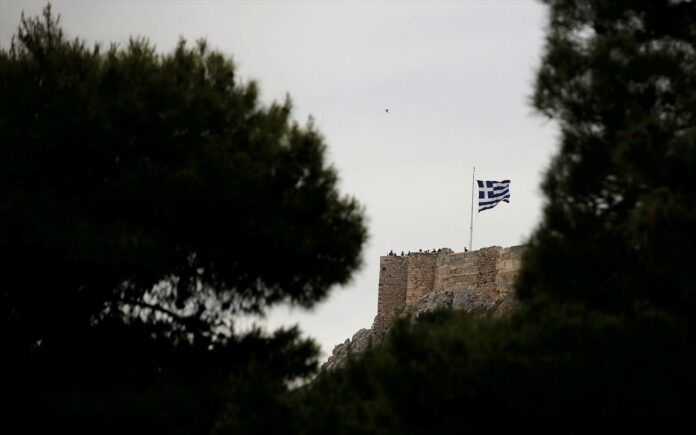A study by EY places recession-battered Greece at the bottom of a relevant list — of Mediterranean countries in this case — in terms of attracting foreign investments (2011-2015), a development that, inconveniently, comes a day after the Greek premier boasted that investments in the country in the first half of 2017 exceeded a billion euros and even accelerated after the conclusion of the second review of the third bailout.
The second review was achieved following a year and a half of delays in gasping negotiations between Athens and its institutional creditors.
EY’s BaroMed 2017 study focuses on foreign investment funneled to all 28 EU member-states, along with several Middle East countries and even Gulf states over the 2011 to 2015 period.
The study, among others, records the opinions of 124 top corporate executives in 24 countries, and who are active in 17 economic sectors.
One result cited in the study is that despite the very positive image for investments exhibited by other Med countries, Greece doesn’t appear to offer the same appeal for foreign investors. For instance, out of more than 10,500 foreign direct investments recorded in the region between 2011 to 2015, only 60 were recorded in Greece.
The specific time period, of course, coincides with the peak of the ongoing economic recession in the country and two of three bailout memorandums signed by three different Greek governments, including the current leftist-rightist coalition government, which presided over the “annus horribilis” of 2015.
Of the 60 FDIs recorded in Greece over the specific five-year period, 15 emanated from the United States and six from Germany. The software sector and professional services, with eight such FDIs each, were the most popular investments.
Overall, investment in the Mediterranean basin marginally increased, by 0.5 percent between 2011 and 2015.
Nevertheless, most of the FDIs in the Mediterranean region were described as small in scope, with the value of FDIs in 2015 for the region failing to exceed 771 billion USD.














